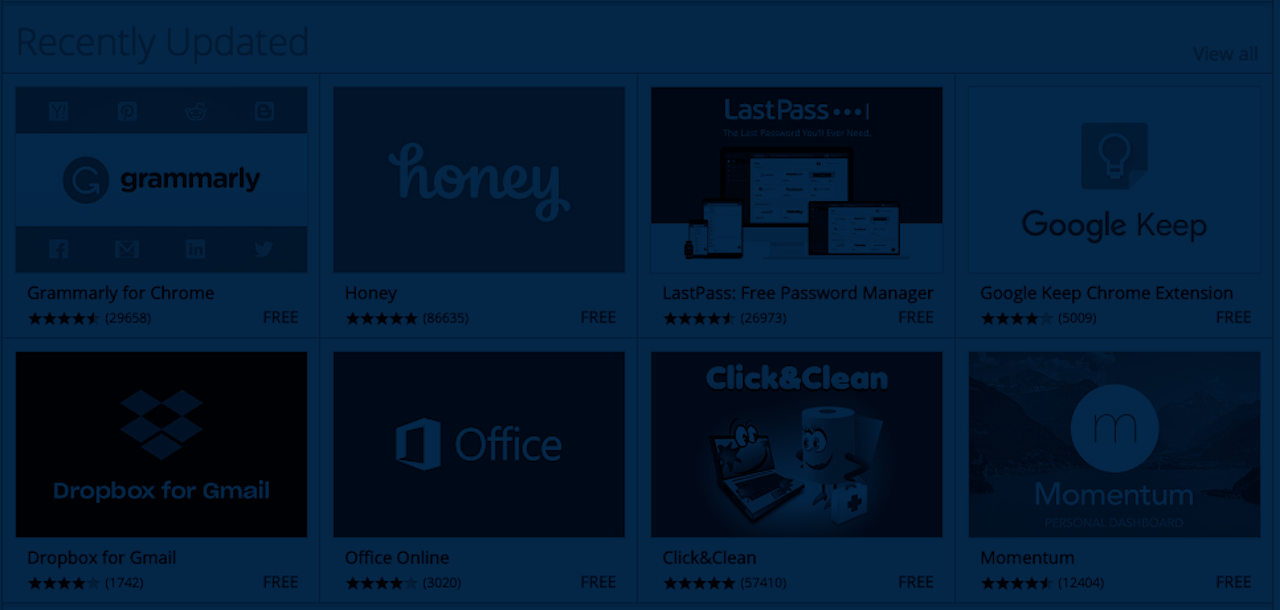Extensions that make money by mining cryptocurrency like Bitcoin or Monero on users’ computers will no longer be welcome in the Chrome Web Store.
According to a blog post by Chrome product manager James Wagner, Google has seen an uptick in recent months of extensions that provide a real service, but covertly make money for their creators by hijacking users’ computers to mine cryptocurrency. One recent example was Archive Poster, a Chrome plugin that provided extra features to Tumblr users — but which was secretly mining Monero.
Until now, the Chrome Web Store allowed extensions that mined cryptocurrency — which can slow users’ computers, spin up fans and overheat processors — as long as it was the plugin’s sole purpose and the user was fully informed. Now the system is closed to all new extensions that mine cryptocurrency, and existing apps that do so will be removed in June.
Apps that employ a user’s computer to make money are driven by larger economic forces. Because web advertisements are distracting and their revenue is typically low, some developers have started trying to monetize apps and sites by leveraging users’ processing power instead of their eyeballs. The Pirate Bay, a torrent tracker, has used similar tech to monetize its visitors; the blog Salon is even trying to use crypto mining to finance journalism.
Those same economic forces can also attract bad actors. Earlier this year, hackers compromised an accessibility plugin that was used on a number of U.S. and U.K. sites in order to trick visitors’ computers into mining Monero — but netted an equivalent of just $24.
